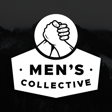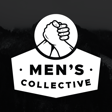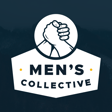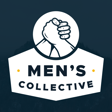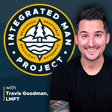
Planting Seeds of Change: Evolution from Military Life to Mindfulness
Welcome back to another episode of The Integrated Man Project! In today's conversation, our host, Travis Goodman, sits down with Tyler Schmoker to discuss the fascinating journey from military life to entrepreneurship and personal growth. Tyler, who grew up on a rural farm in North Dakota and served 21 years in the Army, shares his transition to paramilitary work, corporate security, and eventually founding his consultancy company, Winsly.
JOIN THE MAILING LIST FOR FREE:
Together, they delve into the profound impact of gardening, which Tyler describes as "active mindfulness," likening it to the iterative nature of business management and its role in fostering patience and long-term thinking. They explore how this meditative practice has enriched Tyler’s social and internal worlds, shifting his priorities and helping him manage PTSD.
Tyler and Travis also dive into the importance of tactile experiences in our digital age, the societal pressures of extreme achievements, and integrating holistic practices to find balance. They chat about military culture, the challenges of transitioning to civilian life, and the importance of traditional and nontraditional therapies for veterans.
As the episode unfolds, you'll hear about their musical preferences, light-hearted banter, and the joy of simple, grounding activities, whether it's listening to vinyl records or sitting by a fire.
In what ways can you integrate new activities into your daily life to manage stress and improve your overall well-being without expecting immediate benefits?
Stay tuned, and let's dive deep into today's enlightening conversation with Tyler Schmoker!
SUPPORT THE SHOW:
JOIN THE MAILING LIST & GET INVOLVED!
WATCH ON YOUTUBE:
Connect and Support Tyler:
LinkedIn: CLICK HERE
Web: https://www.winslyllc.com/
Connect and Support Travis:
YouTube: Travis Goodman
Instagram: @integratedmanproject
Check out the Website: TBD
